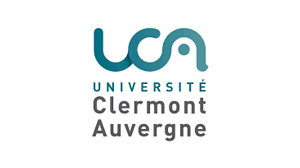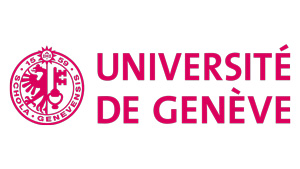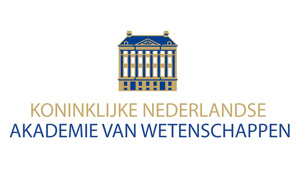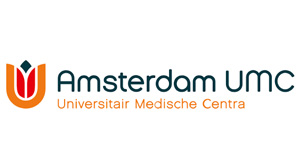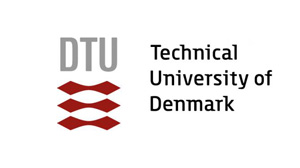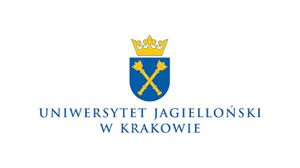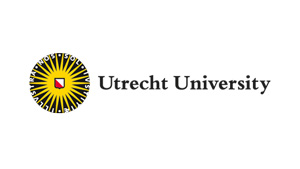About
Emilia Barreto Durán was born and raised in Bogota, Colombia. She studied Biology at Los Andes University, Bogota, and did her master in Cell Biology at the Pontificia Universidad Javeriana, also in Bogota. Her master’s thesis was aimed at developing an organotypic spheroid model for the study of the human bone marrow microenvironment. In her research, the effect of mesenchymal stromal cells and endothelial cells as well as low oxygen levels on the differentiation and proliferation of human hematopoietic stem cells (HSC) were evaluated. Currently she is working and doing her PhD studies under the OrganoVIR Training Programme at the Jagiellonian University in Krakow, Poland. Emilia is part of Professor’s Krzysztof Pyrć research group, ViroGenetics laboratory, in The Malopolska Centre of Biotechnology.
About Emilia’s research project
Emilia is currently working with the ViroGenetics research group in the Malopolska Centre of Biotechnology at the Jagiellonian University in Krakow, Poland. The objective of her research project is the development of a complex co-culture model that resembles the human airway epithelium (HAE) microenvironment for the study of coronavirus infection. HAE will be cultured with fibroblasts and immune cells (macrophages and dendritic cells) and then the organotypic co-culture will be infected with coronavirus. The viral infection will be mapped and analysed at tissue level using microscopy imaging (e.g. confocal) and at single cell level using single cell RNA sequencing (scRNA-seq) to be able to characterize host-response heterogeneity and to assess the role of different cell types in antiviral responses and pathogenicity.
To complement the proposed research project and learn new technologies, she will participate in two secondments. She will go to the Technical University of Denmark (DTU), Lyngby, Denmark for two months to improve the 3D culture with biomaterials technologies and she’ll go to the Academic Medical Center (AMC), Amsterdam, Netherlands, for three months to transfer the developed co-culture technique and learn about lung organoid cultures.
About Jagiellonian University
The team of prof. Krzysztof Pyrc works at two faculties: Faculty of Biochemistry, Biophysics and Biotechnology (FBBB) and Malopolska Center of Biotechnology (MCB). The first unit is teaching/training-oriented, the second unit (with high-containment laboratories) functions as a R&D unit, with state of the art facilities. FBBB JU is the best biology/biotechnology faculty in Poland, according to the 2017 governmental scientific unit assessment. The MCB is the first University – based research institute and at the same time the excellence center. It gathers excellent internationally renowned scientists and laboratories (including Max Planck laboratory and CNRS), and periodic evaluation of researcher coordinated by the independent, international advisory board ensures high scientific quality.
The focus of the research group is on the understanding of the infection process of human viruses and the interplay between the virus and the host cell, and translation of these results to the applicatory field. They have recently developed several virus inhibitors, some are in the stage of (pre-) commercialization (HTCC compound for animal coronaviruses, NSPAH polymer as broad antiviral compound, www.virogenetics.info). The teams’ expertise with human 3D cell culture models encompasses mainly human airway epithelium (HAE) cultures formed by primary human epithelial cells on an air/liquid interphase. They have successfully cultured type I and type II pneumocytes. Clinical material preparation (human lungs), cell isolation and differentiation are carried out in house. Further, the methods allowing for modification of 3D cultures (lentiviral gene engineering, gene silencing, co-cultures) and analysis (confocal microscopy, 3D virtualization, SEM, superresolution microscopy) allow to study viral infection in the context of natural tissue.



